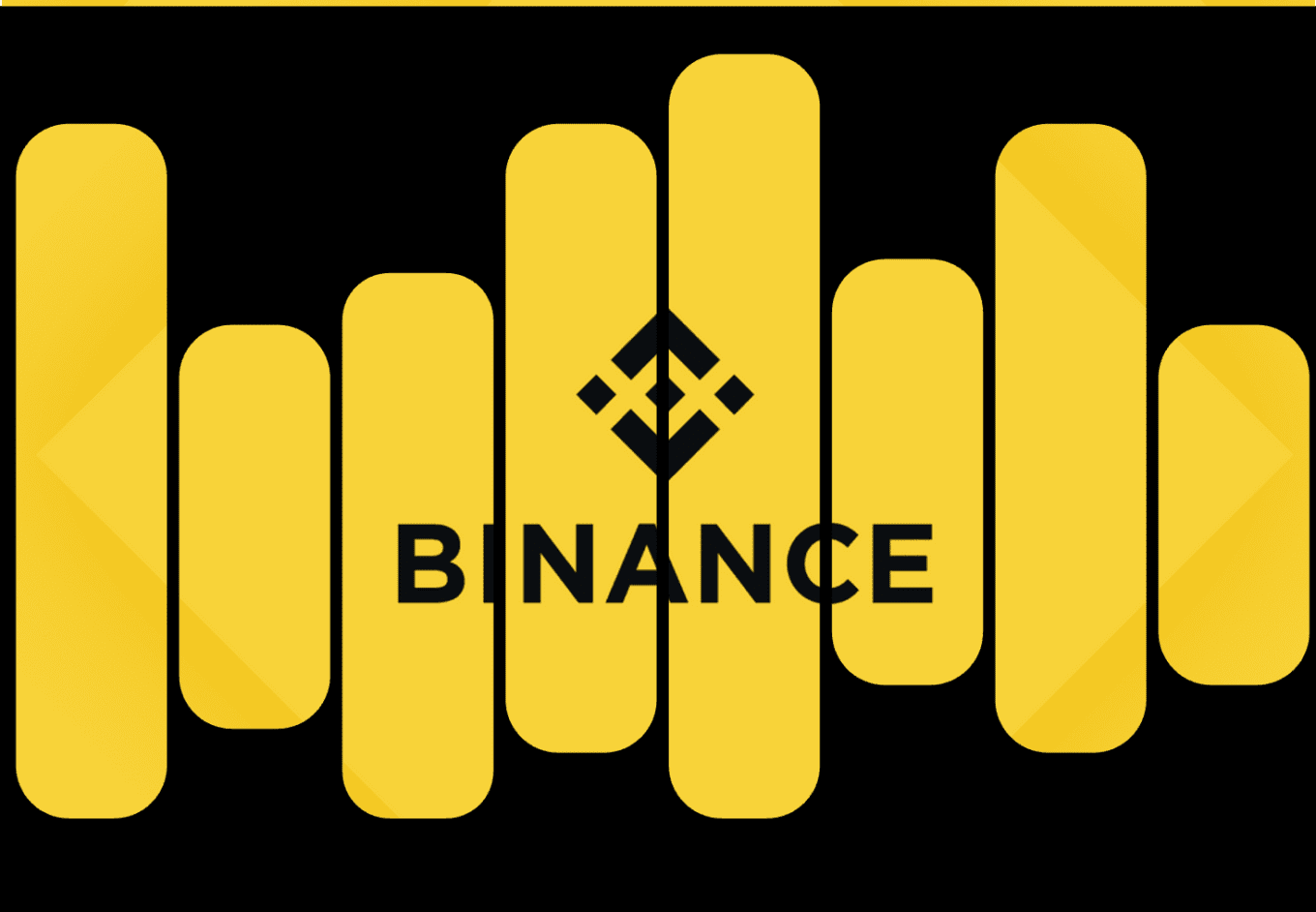The criminal proceedings in Nigeria against Binance and its executives have kept the crypto scene busy for months. The charges of financial offenses could result in prison sentences and fines. A Nigerian court has set October 11, 2024, as the date for the verdict in the tax evasion trial against crypto exchange. The company faces four charges, including failure to register with Nigeria’s Federal Inland Revenue Service (FIRS).
Nigerian Court Proceedings
On July 12, Binance‘s legal representative, Ayodele Omotilewa, entered a not-guilty plea to all four charges before Judge Emeka Nwite. Omotilewa urged the court to dismiss the case, arguing it lacked substance, drawing parallels to the previous dismissal of charges against Binance executives Tigran Gambaryan and Nadeem Anjarwalla.
In June, the Federal High Court in Abuja acquitted Gambaryan and Anjarwalla of tax evasion charges. Gambaryan, a United States citizen, and Anjarwalla, a British Kenyan, still face separate money laundering charges, which they deny.
The acquittal followed FIRS’ submission of amended charges that effectively dropped the tax evasion allegations against the two executives. This legal maneuver occurred after Binance appointed Omotilewa to handle its local operations.
Judge Nwite’s decision to adjourn the case until October allows for further deliberation and examination of the evidence presented. This adjournment grants both the defense and prosecution additional time to prepare their cases comprehensively.
Background of the Case
Binance‘s legal troubles began in February when Nigerian authorities detained Anjarwalla and Gambaryan during a visit to Nigeria. They were held for several weeks on allegations of tax evasion and money laundering.
Binance has maintained that the charges should be dismissed, and the recent developments in court seem to support this stance. However, Nigerian authorities have pointed to Binance as a significant factor in the country’s currency issues. The government claims that cryptocurrency platforms like Binance have become the preferred method for trading the Nigerian naira amid severe dollar shortages and the fiat currency’s record low value.
Broader Implications
The crackdown on cryptocurrency activities in Nigeria aligns with the National Security Adviser’s view that cryptocurrency trading poses a national security risk. In line with this, the Central Bank of Nigeria (CBN) has instructed fintech companies to identify and report accounts involved in cryptocurrency transactions and take necessary actions to prevent further activity.
On July 6, the CBN’s chief of payment policy and regulation appeared in court, arguing that only banks and authorized financial institutions should be allowed to process deposit and withdrawal transactions for Binance. This forms part of the broader regulatory framework the CBN seeks to enforce.





